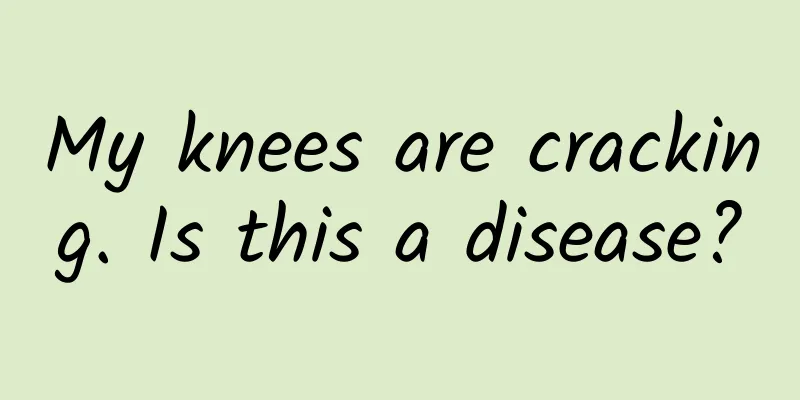[Medical Q&A] Does hip pain in the elderly mean femoral head necrosis?
![[Medical Q&A] Does hip pain in the elderly mean femoral head necrosis?](/upload/images/67f0e86617f46.webp)
|
Planner: Chinese Medical Association Reviewer: Zhang Xin, deputy chief physician, Peking University Third Hospital If elderly people experience unexplained hip pain, it may not necessarily be femoral head necrosis, but may also be hip impingement syndrome. Femoral head necrosis refers to a lack of blood supply to the femoral head, which causes bone cells to die, resulting in pain and joint dysfunction. This condition is usually associated with clear risk factors, such as alcohol abuse, long-term corticosteroid use, fractures or joint replacement surgery. Hip impingement syndrome is a disease caused by abnormal hip joint structure. Simply put, some people have abnormal bony protrusions in the junction area of the acetabulum and femoral head and neck (the bone between the femoral head and the femoral trochanter) of the hip joint. These bony protrusions can cause collision between the acetabulum and the femoral head and neck junction, thereby causing labral injury and osteoarthritis of the hip joint, leading to pain. The pain caused by hip impingement syndrome is mostly chronic pain in the hip joint, and some patients may have limited mobility. The pain is mostly dull pain and joint soreness. Some patients also experience pain in the knee joint, lower back and sacroiliac joint area, but it rarely affects the area below the knee joint and above the waist. Symptoms may worsen or recur when patients walk for a long time, squat, lift their legs, stand up after sitting for a long time, or exercise vigorously. Therefore, if hip pain occurs, you should seek medical attention immediately. A professional doctor will determine the specific cause through detailed interviews, physical examinations, and necessary imaging examinations (such as X-rays and MRI). The doctor will ask about the specific location of the pain, the nature (such as whether it is continuous or intermittent), and the factors that aggravate or relieve it. Based on the diagnosis results, the doctor will give corresponding treatment recommendations, including medication, physical therapy, rehabilitation exercises, etc. |
<<: I really want to ask, should we eat the skin of kumquat?
>>: When eating hot pot in winter, please remember these food safety tips!
Recommend
What to do if the vagina is itchy, swollen and painful?
Vulvar itching is a very common disease among wom...
What causes recurrent pelvic effusion?
Pelvic effusion can easily lead to recurring cond...
What to do if uterine fibroids recur
When it comes to gynecological diseases, we are u...
Can wearing a bra make your breasts smaller?
Having curvy breasts has always been the wish of ...
What is the cause of perimenopausal menstrual disorders?
Women are very prone to menstrual disorders durin...
Can eating snow lotus cure gynecological diseases?
If we eat snow lotus, will it have a curative eff...
Symptoms of acidosis in early pregnancy
Pregnancy is a difficult process for women, and t...
The "nightmare" of many historical celebrities, this ancient infectious disease is still an "assassin" threatening human health
Pulmonary tuberculosis, commonly known as "p...
How to solve the problem of less business
Low menstrual flow is a problem that many women h...
Is it harmful to the baby to straighten hair during breastfeeding?
It is best for breastfeeding mothers not to strai...
Breast massage techniques?
Many women want to have fuller breasts. In fact, ...
6 yellow foods to increase female hormones
1. Soybeans It helps the gastrointestinal tract r...
What should I do if the gestational sac is on the right side during pregnancy?
When a woman is pregnant again, the fertilized eg...
Do you know? Open the door┋How can the elderly gain muscle and stay healthy? The dietary guidelines recommend eating this way
Contributor: Li Caihong, Urumqi First People'...
Rare juvenile Parkinson's
It is well known that Parkinson's disease is ...









